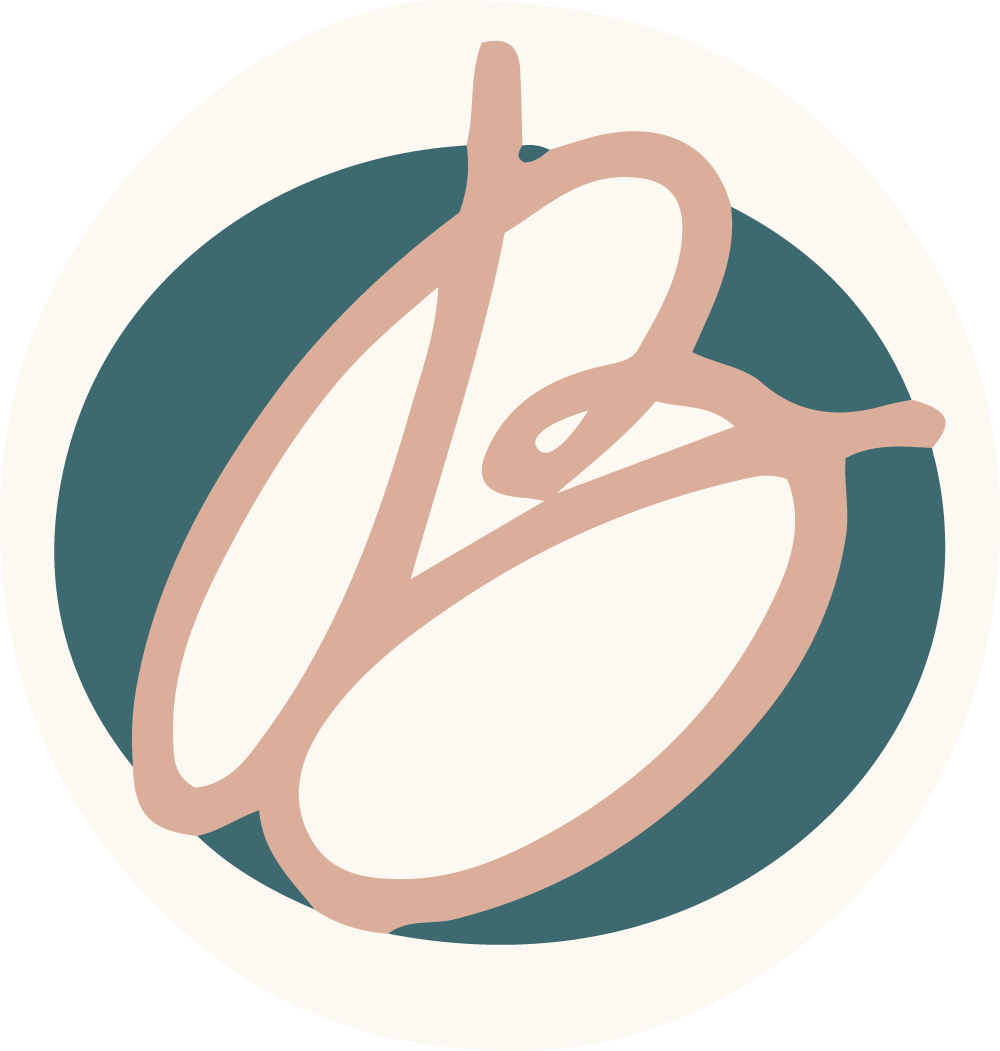What You Can Learn from Grip of the Hawk
A psychologist has sometimes been described as an advice giver. And though I want to guide patients to answers when possible, my non-fiction books are filled with advice and useful self-help tools. But what about in my novel, Grip of the Hawk? Are there lessons to be learned? The answer is yes.
In an earlier blog I mentioned that in college I was drawn to great works of literature because they had such deep insights into the human psyche. And in studying with hypnotherapist, Dr. Milton Erickson, I learned the power of messaging through story-telling. Another fact, is that everything I deemed important to emphasize in my non-fiction books is mentioned through the life challenges the protagonist, Dr. Julian Rachel, faces in Grip of the Hawk. Whether she wants to be or not, she is catapulted into an unscrupulous cult world she has never been in before and must practice advice she has read in books or related to patients. A succession of wise teachers magically appears in her life to give her the guidance she needs to face unfathomable challenges. Whether a professor, an attorney, a detective, a body guard, a shaman, a native elder, a minister, or mystery school teacher, they each seem to have what she needs in the moment to overcome her fear and the odds against her.
As some of the readers of Grip of the Hawk have told me in their reviews or in person, the story is more than a ‘couldn’t put it down who-done-it’, it is a story filled with illuminating psychological and spiritual insights. Some say it is the most profound book they have read in a long time.
Here are two excerpts that give a taste of what you can find in the novel.
***
“Rachel, how did you end up in psychiatry?”
I thought back to young Rachel. ”Well, Dr. Payne, it seems I have been caring for people all of my life, starting with my mother. In my youthful grandiosity I thought I could control how she felt. Or, protect her.” A knowing laughter filtered through the room. The other students were kids once too. “I don’t know if it is intuition or survival, but by age five I could pretty much predict what people needed.”
“That’s a pretty decent answer, Rachel.” He stopped, and his eyes pierced into my psyche as if he could see everything in it. The unnerving look of analysis left me feeling raw, and it suggested that he as the analyst knew me better than I knew me. “Do you want a piece of advice, Rachel?” I did and did not. I nodded. “Learn the difference between caretaking, that is taking care of other people’s feelings, and healthy caregiving to people. It’ll save you many a headache and heartache.”
***
John White Eagle motioned us to join him on the floor. “Tell me the story that’s behind Trent’s reaching out to me for guidance,” he said in a throaty, yet gentle voice. With little animation and keen listening, he let us begin. I spoke first, going back to the chaos at the clinic, and ending with the meeting I had with the deprogrammer and my patient, Nancy. At times I noted my emotions surfacing—fear, grief, anger; at other times I felt removed from the story, as if I was a spectator observing the events and narrating them to an interested professional. Trent told of the harassment he had been experiencing, and not knowing what to make of it, he asked John, his mentor, how seriously he needed to take the messages.
“Pray hard!” John advised. By this he meant to use every spiritual device we had in our pockets. “You are not only dealing with someone stalking you in the real world, you have been invited into spiritual warfare. It’s real, and your challenge is to take it seriously, and not be overcome with fear.”
***
What lessons did you garner in the above? Look for references to life scripts, codependency, post traumatic stress, spiritual challenges and more. Did the above speak to you in any way? These are but a few of the many pieces of wisdom given to Dr. Rachel Julian in Grip of the Hawk that may draw your attention.

